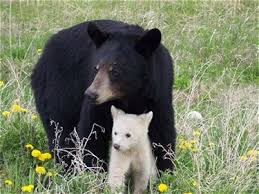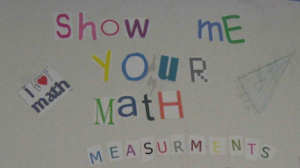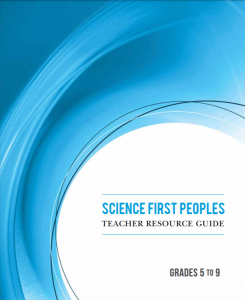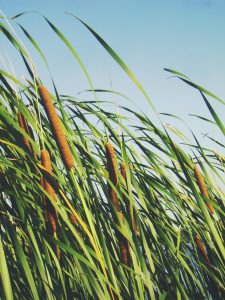Module 3: Decolonization and Indigenous Property Rights
Entry 5: Indigenous Knowledge informing conservation

As part of my research, I am looking for specific examples of how Indigenous ways of being, doing, and knowing, can be woven into math, science, and technology.
I first came across this story through a website I use in my class for current events called Newsela. This article discusses how Indigenous knowledge and storytelling help to inform scientists researching Kermode (spirit) bear populations in British Columbia. The study found that science-informed researchers had overestimated the population of bears in the region and the real number was much closer to that which was taught through the traditional stories. This particular article is written for middle school students and is a good way to show how Indigenous knowledge can work with science.
I found the peer reviewed article related to this study as well. The authors also referenced another study that combined Indigenous knowledge and genetic research to inform conservation efforts related to caribou populations.
Bookshire, B. (2021, June 28). Science and Indigenous history team up to help spirit bears. Newsela. https://newsela.com/read/indigenous-people-kermode-bear/id/2001020259/
Service, C., Bourbonnais, M., Adams, M., Henson, L. Neasloss, D., Picard, C., Paquet, P., & Darimont, C. (2020). Spatial patterns and rarity of the white-phased ‘Spirit bear’ allele reveal gaps in habitat protection.Ecological Solutions and Evidence, 1(2). https://doi.org/10.1002/2688-8319.12014
 While this website contains samples of student SMYM projects, it also includes resources for doing culturally-based inquiry projects, research relating to decolonizing mathematics education for Indigenous students, and information about a related Math Outreach program. All of this work is dedicated to transforming the experiences of Indigenous children and youth in learning mathematics and to increase both student achievement and student affinity for mathematics.
While this website contains samples of student SMYM projects, it also includes resources for doing culturally-based inquiry projects, research relating to decolonizing mathematics education for Indigenous students, and information about a related Math Outreach program. All of this work is dedicated to transforming the experiences of Indigenous children and youth in learning mathematics and to increase both student achievement and student affinity for mathematics.
